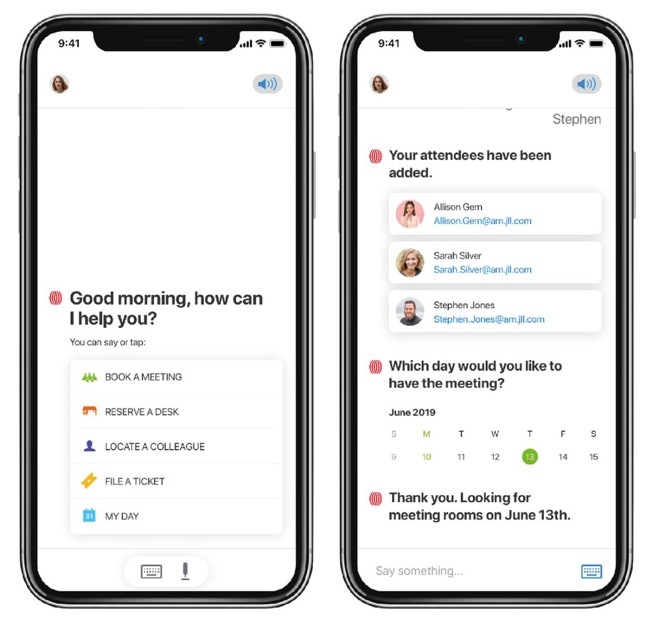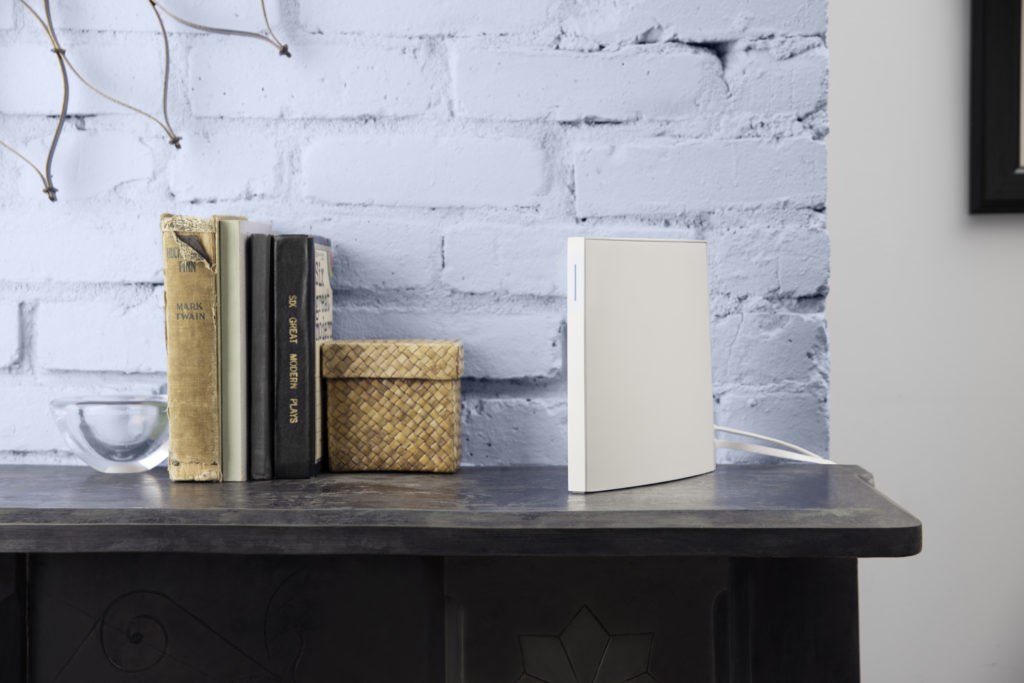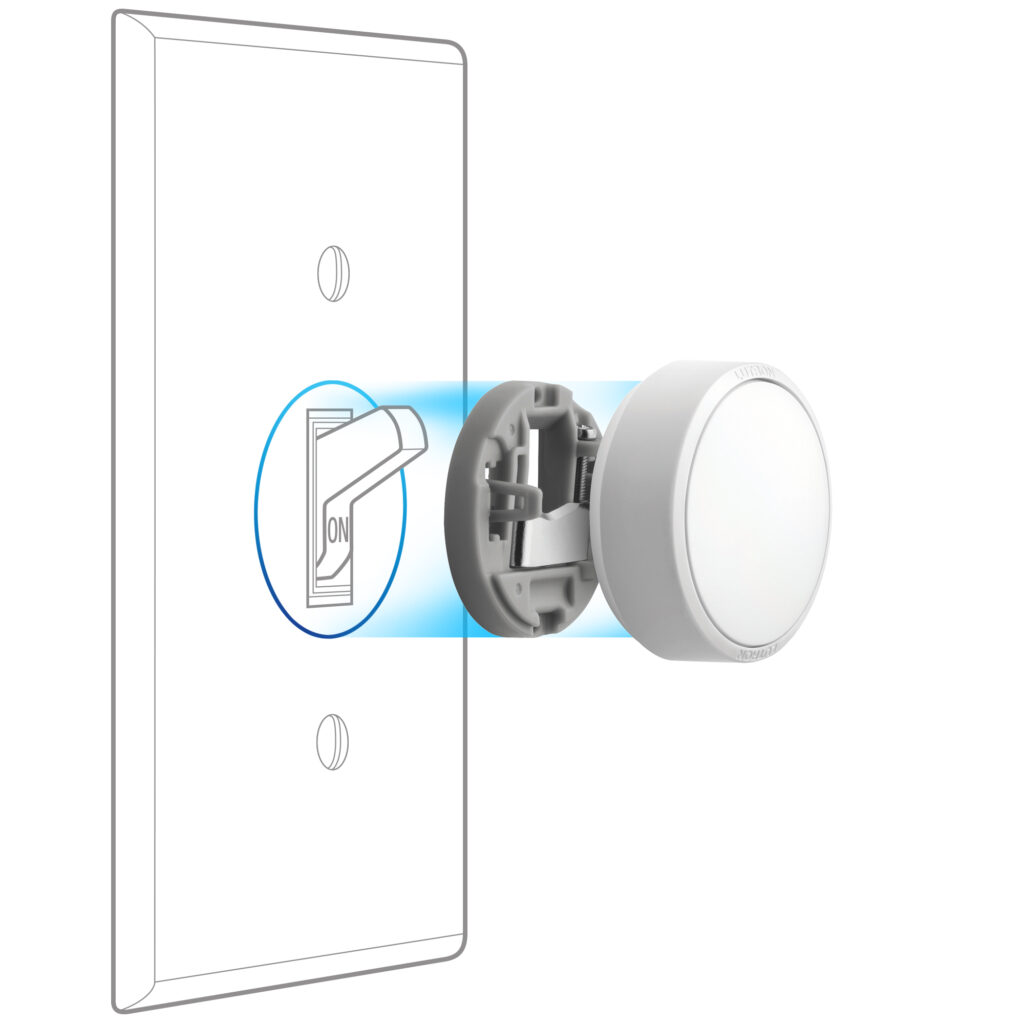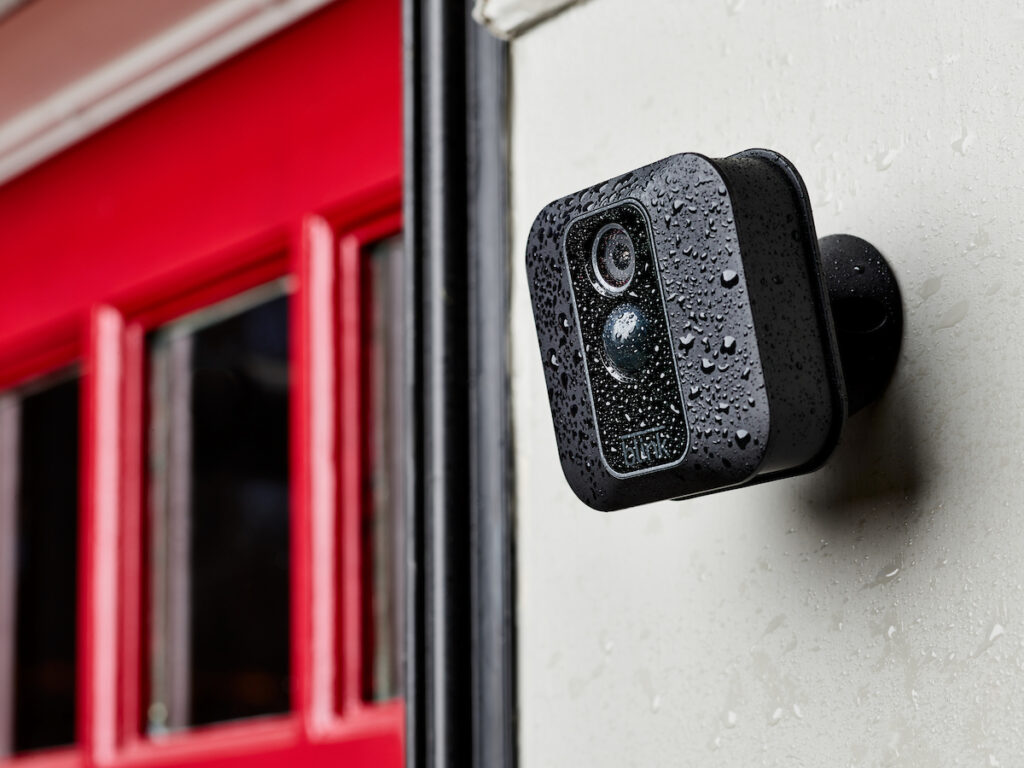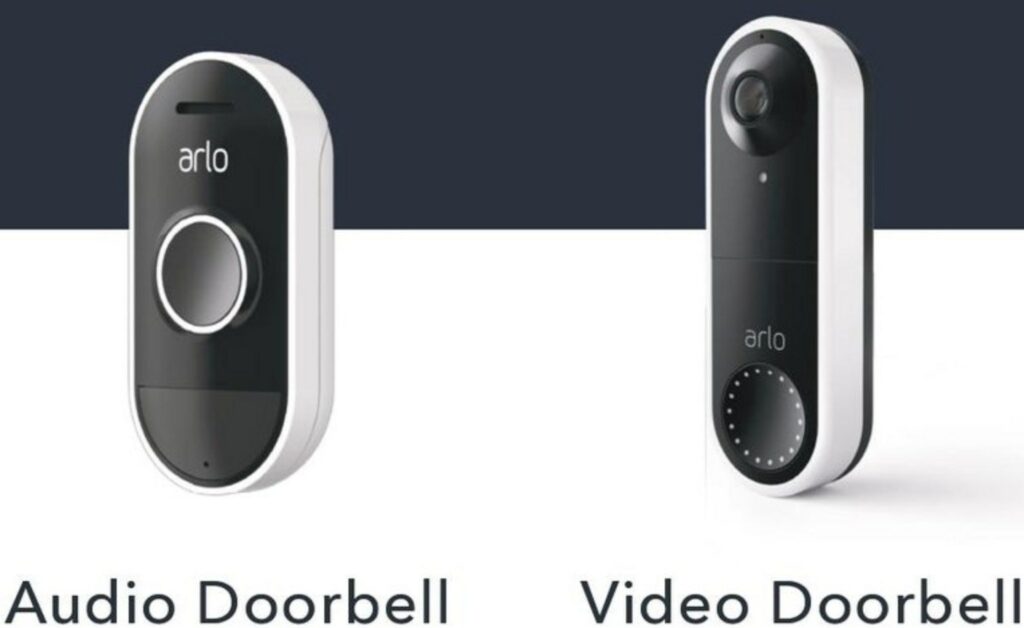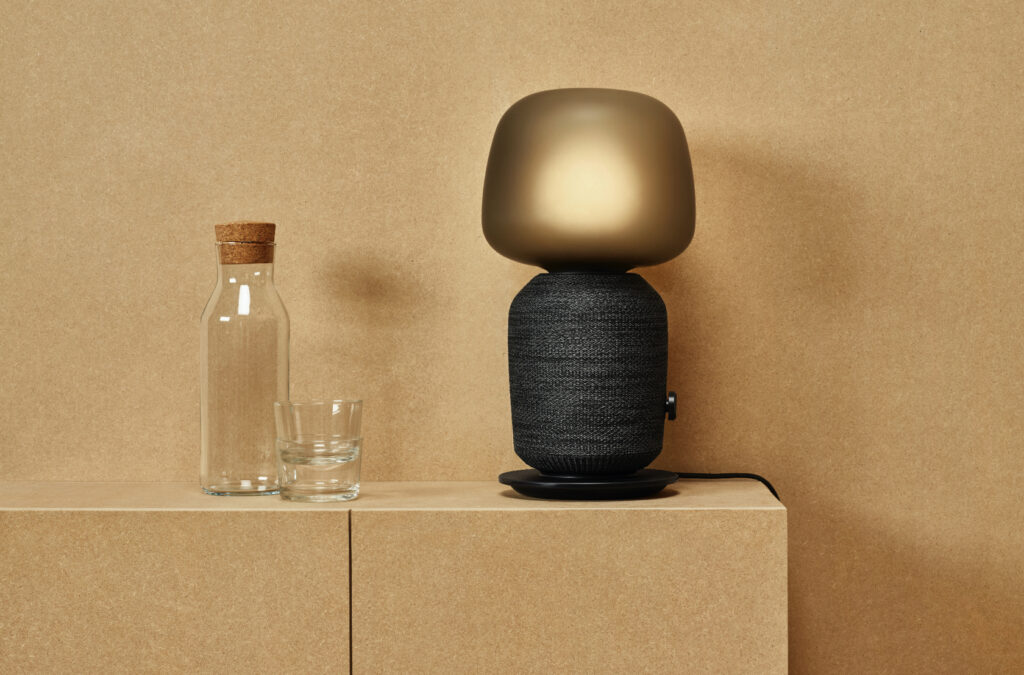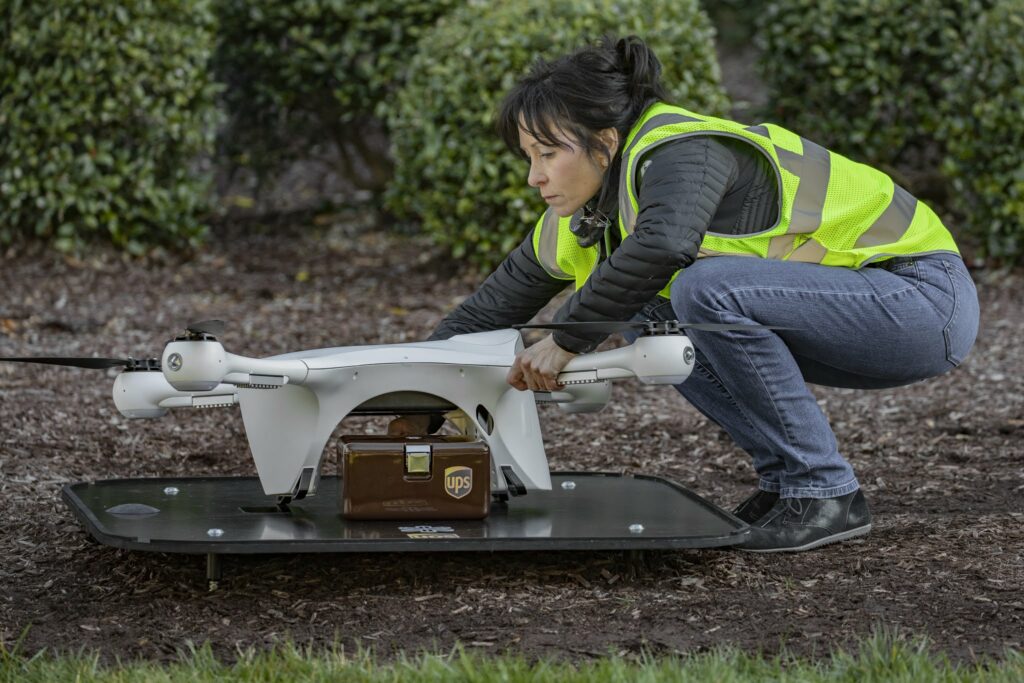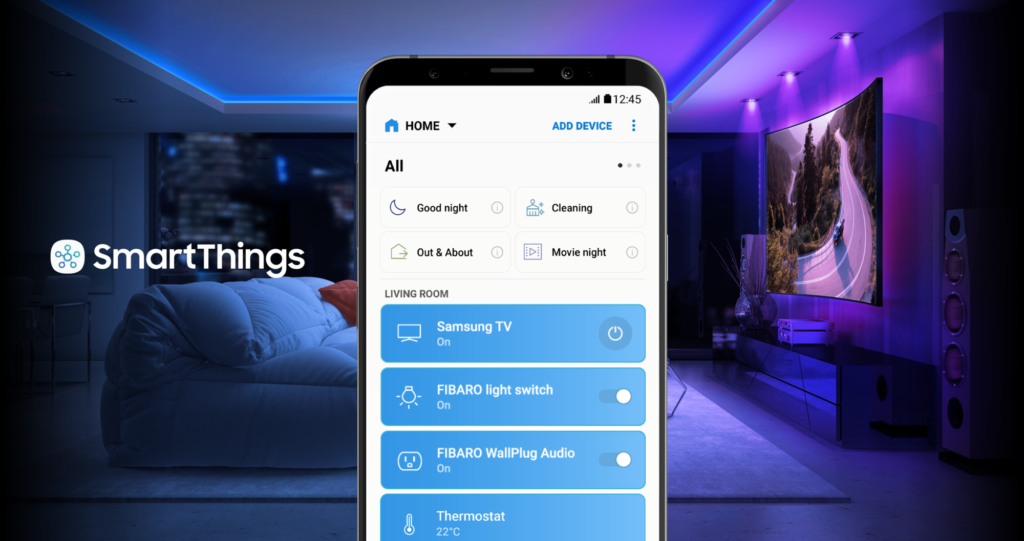This week on the IoT Podcast, Kevin and I spend time discussing Amazon’s new smaller Echo Show and SmartThings’ new trifecta of products. From there we talk about a frightening new malware that’s bricking IoT devices and its unlikely origin. We check in on schools’ and hospitals use of an unproven AI and microphones to detect violence before it happens. Then it’s on to smart factories, a smarter Raspberry Pi for industrial IoT and a fitness watch that’s really smart. We also mention a small Wink update courtesy of a listener. From there we take a call asking about good leak detection options for a home.
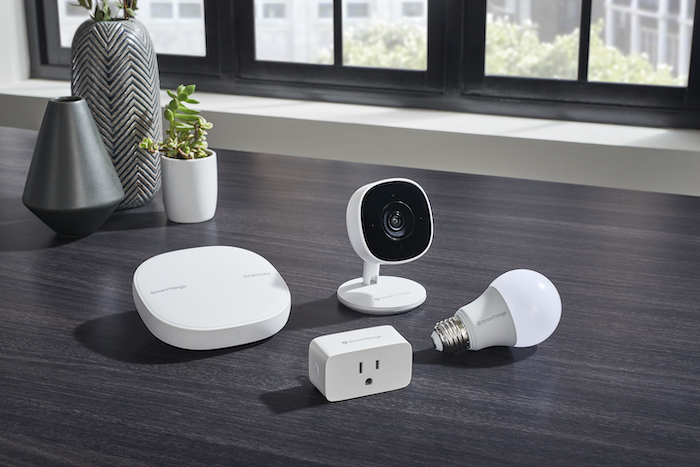
This week’s guest is Komathi Stem, the CEO of MonArc Bionetworks, who explains how her background in clinical trials enabled her to see the future of medicine in a world of unproven wearables. Like one of our prior guests, Stem is interested in using remote monitoring provided by connected medical devices to broaden the participants in clinical trials. She is ultimately advocating for personalized and data-driven medicine based on proven devices and algorithms. I don’t know if medicine will adapt but I feel better knowing people such as stem are pushing it to adapt without compromising on proven data.
Hosts: Stacey Higginbotham and Kevin Tofel
Guest: Komethi Stem, the CEO of MonArc Bionetworks
Sponsors: Dell Technologies and Nordic Semiconductor
- Which is for you, a small Echo Show or a small Nest Hub?
- This is an absolute unit of a Raspberry Pi
- June must be smart factories month
- Medicine needs donated data, but how to protect people from abuse?
- Personalized medicine will require much more from doctors
Podcast: Play in new window | Download | Embed
Subscribe: RSS

